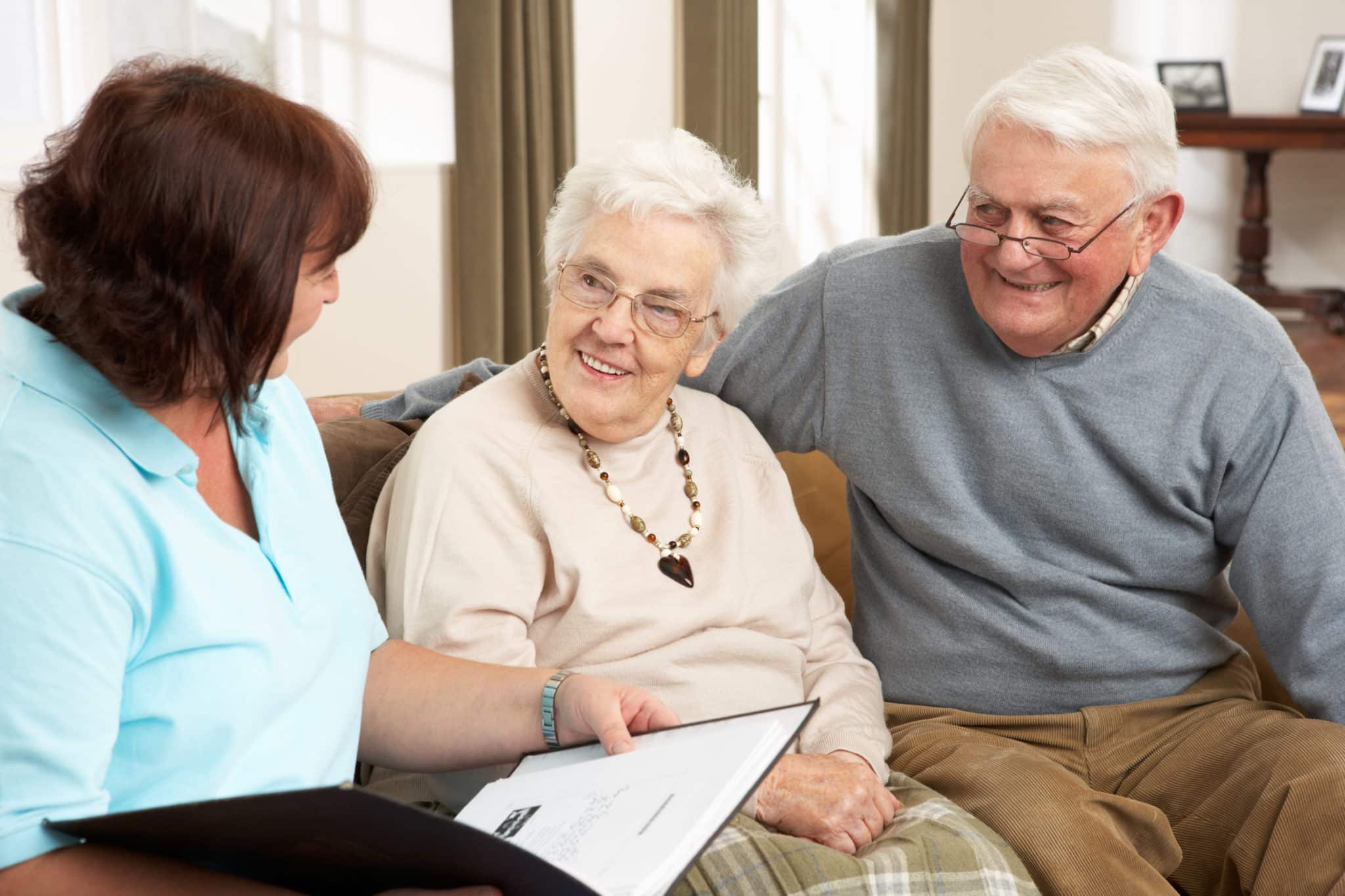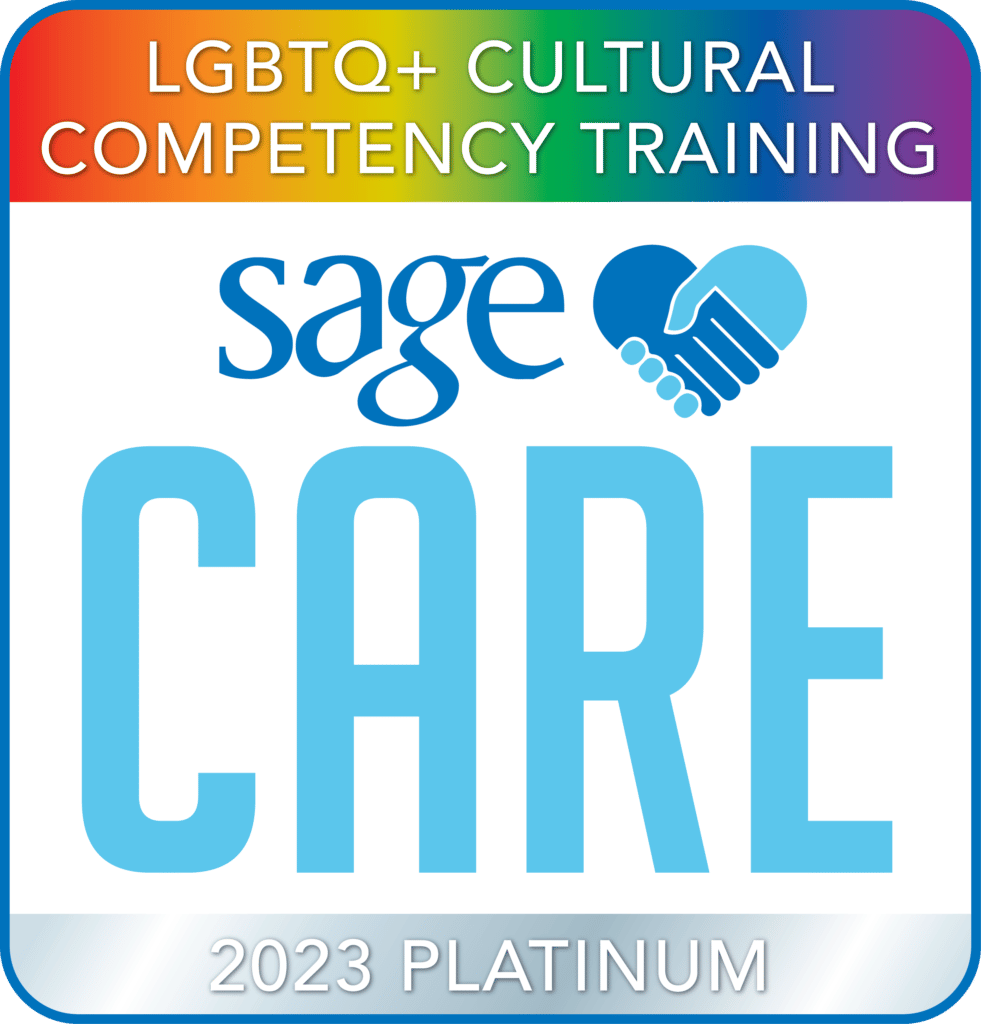The Differences Between Home Care and Assisted Living

When an elderly parent or loved one starts requiring additional assistance to manage their daily lives, two of the most popular solutions include assisted living and in-home senior care services. So, how can you evaluate the two?
It is important to remember that one service is not ‘better’ than the other in a fundamental sense. Rather, one is a more suitable choice for you and your loved one than another, based on certain factors including your budget, the services required and hospice considerations. Here are some insights from our senior independent home care team:
- Budget. The costs of assisted living and in-home senior care are on the rise, but there is no set cost for either option — it will vary between service providers. While most assisted living services have a set living expense to which additional costs will apply only when your loved one needs care, in-home care offers more flexibility through hourly costs. Here, you can employ a home health aide for anything from a few hours a day for daily assistance and companionship to 24-hour care, making in-home care a very flexible option, especially for family caregivers needing respite care. When making a budget, remember to include your loved one’s home and monthly costs (meals, cleaning service, mortgage, rent, utilities, maintenance, taxes, etc.) to get a true comparison.
- Services offered. Assisted living facilities may offer a wide range of services, from simple residential living services for independent seniors to skilled nursing care. They also offer the benefit of living in a community of like-minded people, with activities, social events, clubs and connections all aimed at keeping residents happy and healthy. Private home care, however, focuses more on keeping your loved one in their established home and community — a great feature if they are active in their community and have lots of friends and family nearby. In-home services focus more on daily assistance, such as grooming, bathing, mobility, light housework, shopping, medication management and so forth. For more serious conditions, skilled 24-hour care can be provided.
- Hospice services. In contrast to regular assistance, hospice services focus on palliative, end-of-life care. Assisted living communities often partner with hospice agencies, offering this level of care. Some in-home senior care providers also offer hospice programs, but it’s important to check to ensure they can accommodate this if needed, and that the costs suit your budget. In-home end-of-life care can be easier on patients who are able and prefer to stay in familiar surroundings close to family and loved ones.
Senior independent home care from trained and experienced health aides
At United Methodist Communities, we strive to offer the very best quality holistic at home care for the elderly through HomeWorks. This program assists older adults in the comfort of their own homes and provides them, their families and caregivers personalized, compassionate care that prioritizes health, happiness and independence. In addition to medical care and daily in-home care, we also offer pastoral care, lending spiritual and emotional support in the home.
For more information on our home health aide services in New Jersey, please contact us today at https://umcommunities.org/homeworks/ .





